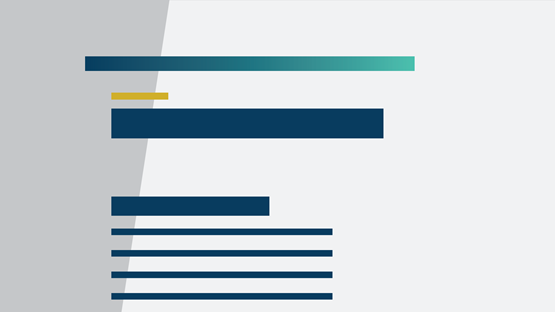Abstract
This study uses John Rawls’ behind-the-veil of ignorance device as a fairness criterion to evaluate social policies and applies it to a contracting model in which the terms equality of opportunity and equality of result are well defined. The results suggest that fairness and inequality—even extreme inequality—are compatible. In a static world, when incentives must be provided, fairness implies equality of opportunity, but inequality of result. In a dynamic world of long-lived individuals, fairness implies not only inequality of result, but also, eventually, infinite inequality of result. If each period of the dynamic model is interpreted as a generation, then eventual infinite inequality holds for opportunity as well, as long as fairness is from the perspective of the first generation. If preferences of later generations are taken into account, then inequality of opportunity still occurs, although not at extreme levels.



